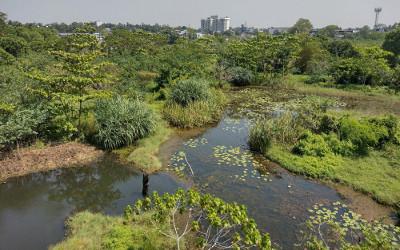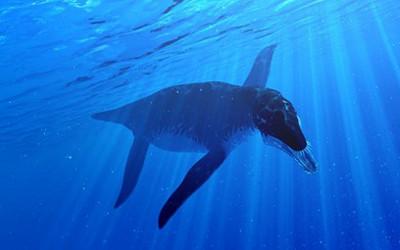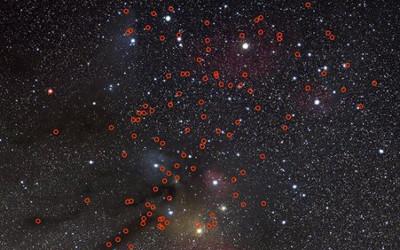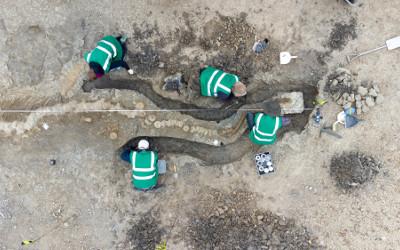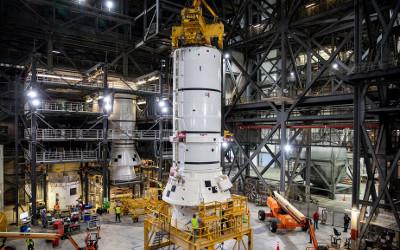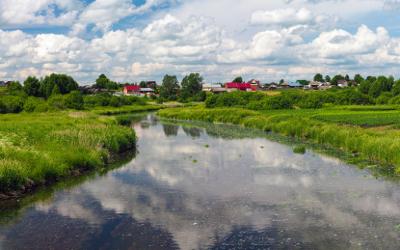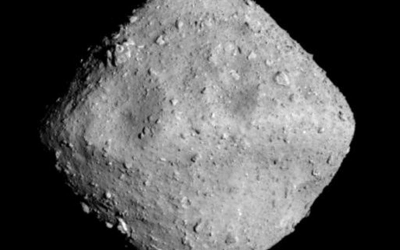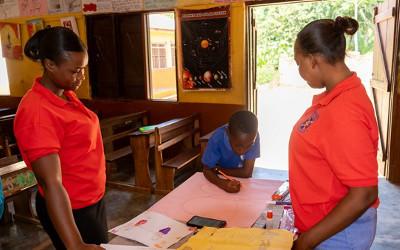Quarterly Review of Research
Read our Quarterly Review of Research to learn about our latest quality academic output.

Contact our news team
For all out of hours enquiries, please telephone +44 (0)7901 515891
Contact detailsNews & articles
- OU secures £112k funding for education research in Pakistan 8th May 2025
- OU secures funding for supporting conflict-affected children 8th May 2025
- New opportunities for open education researchers 28th April 2025
